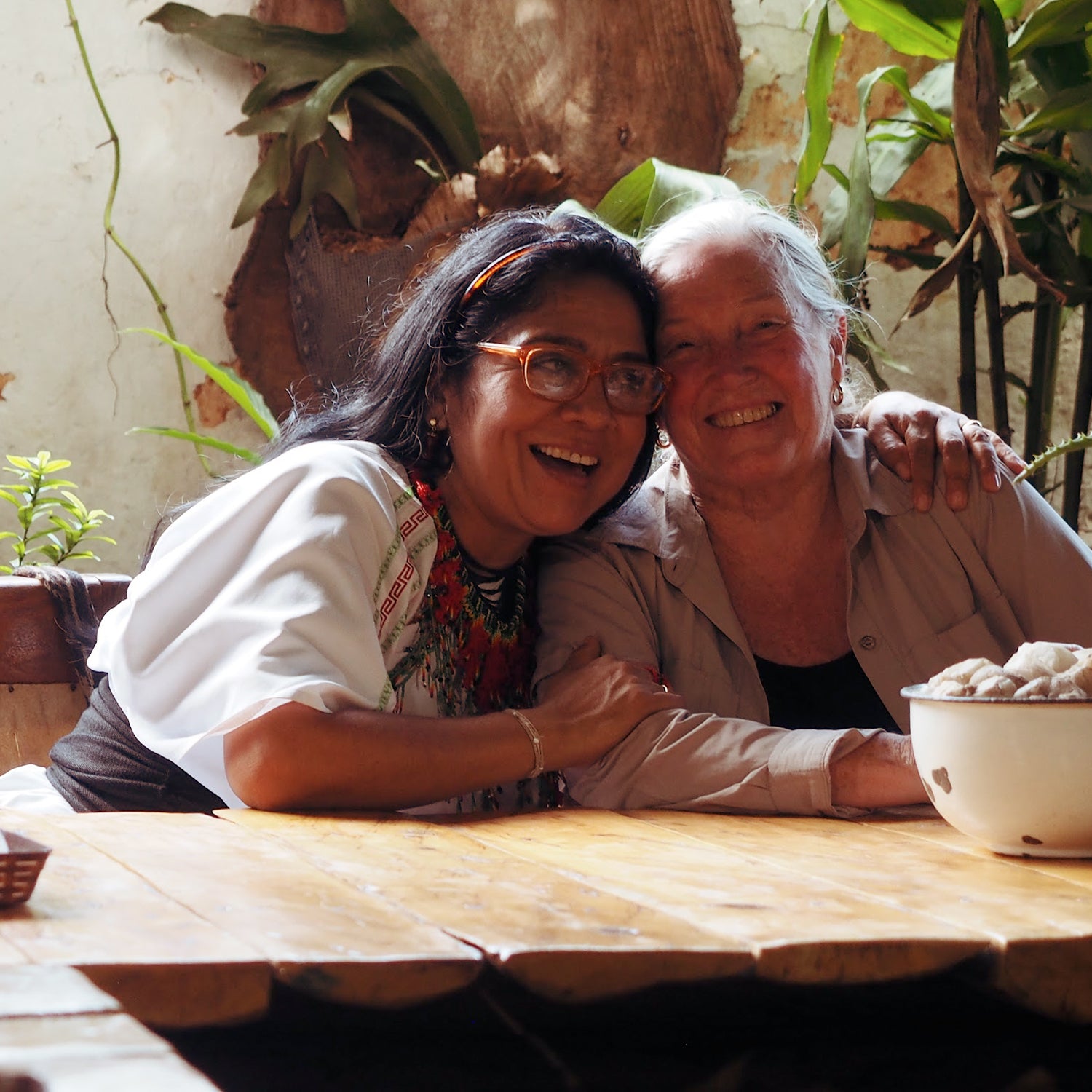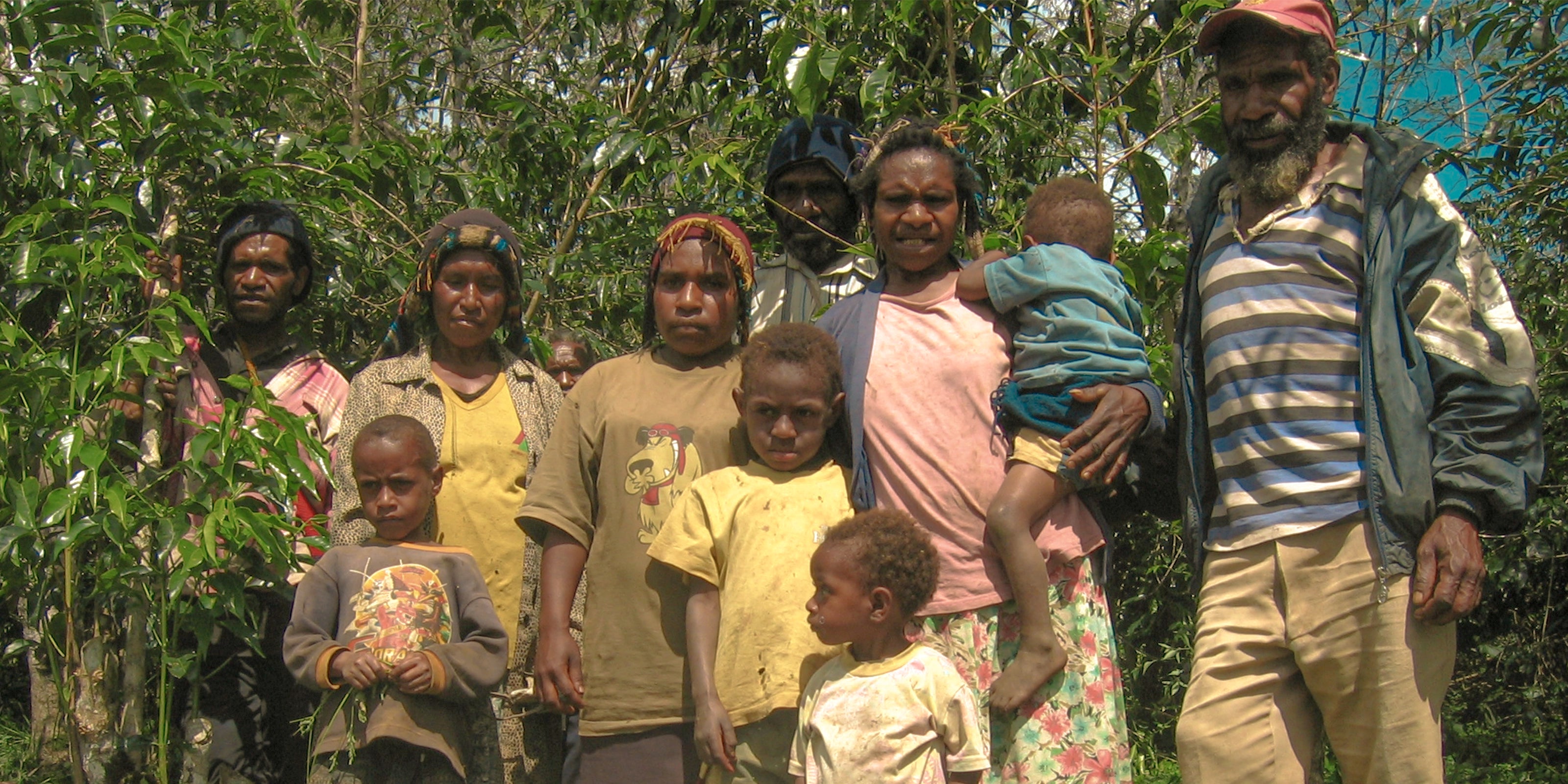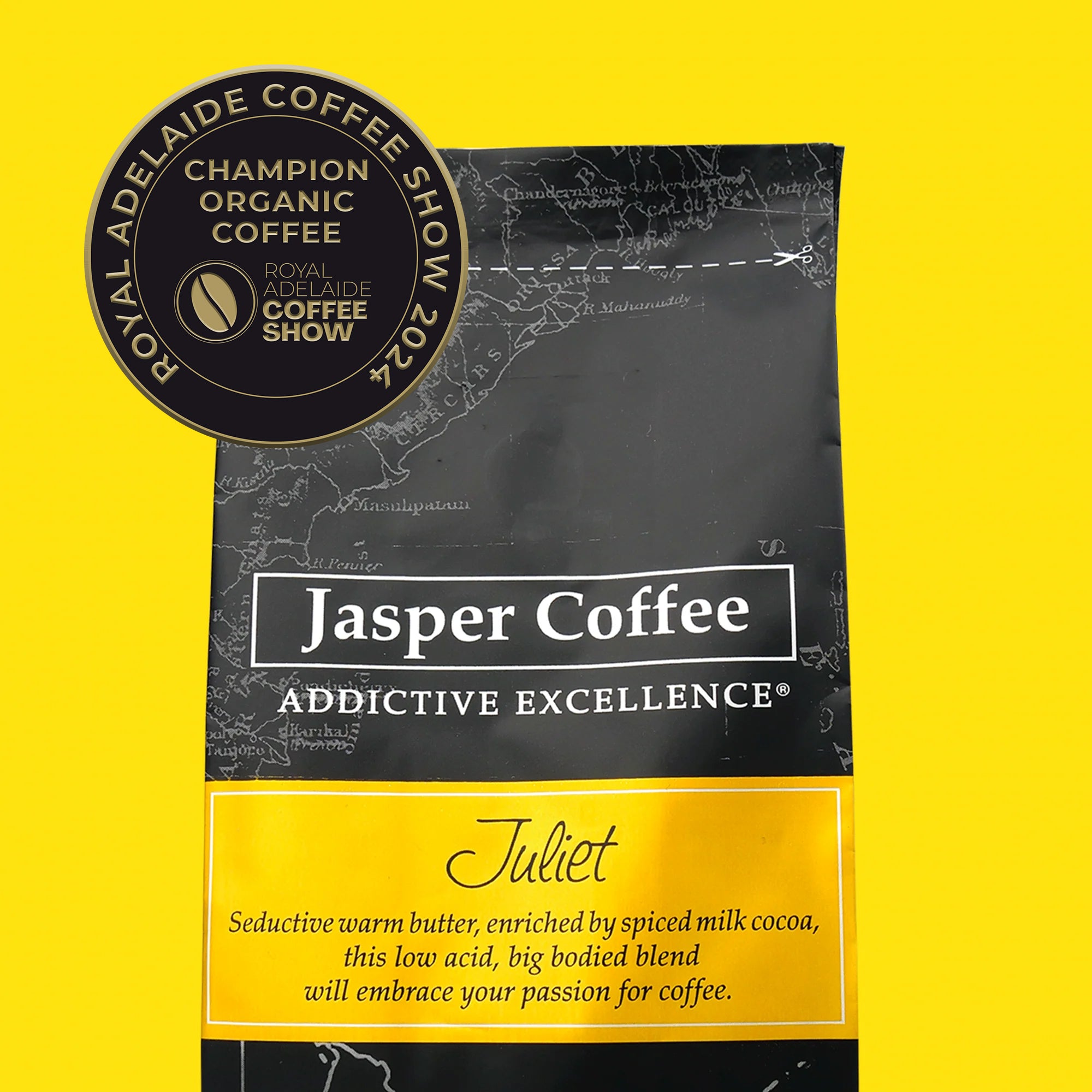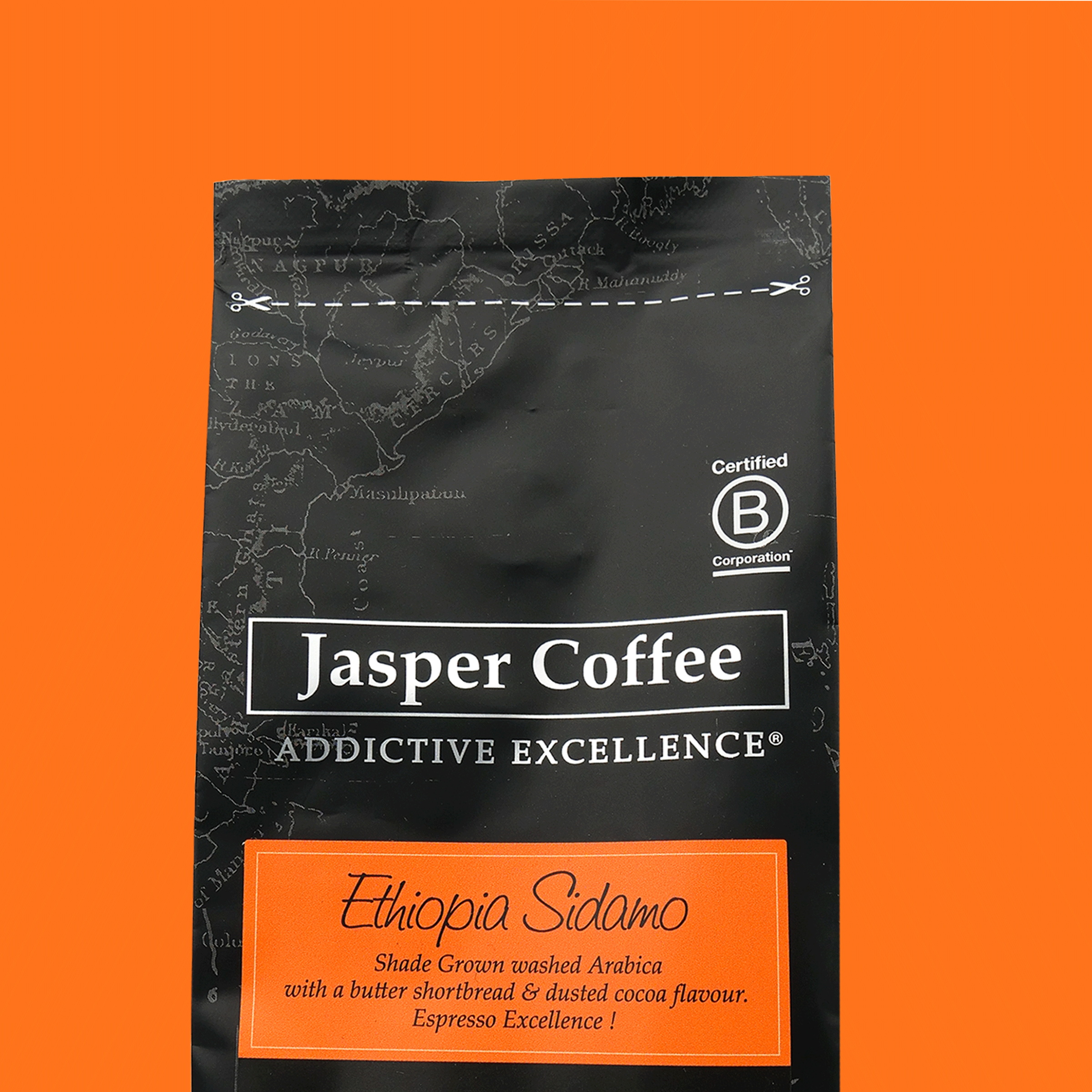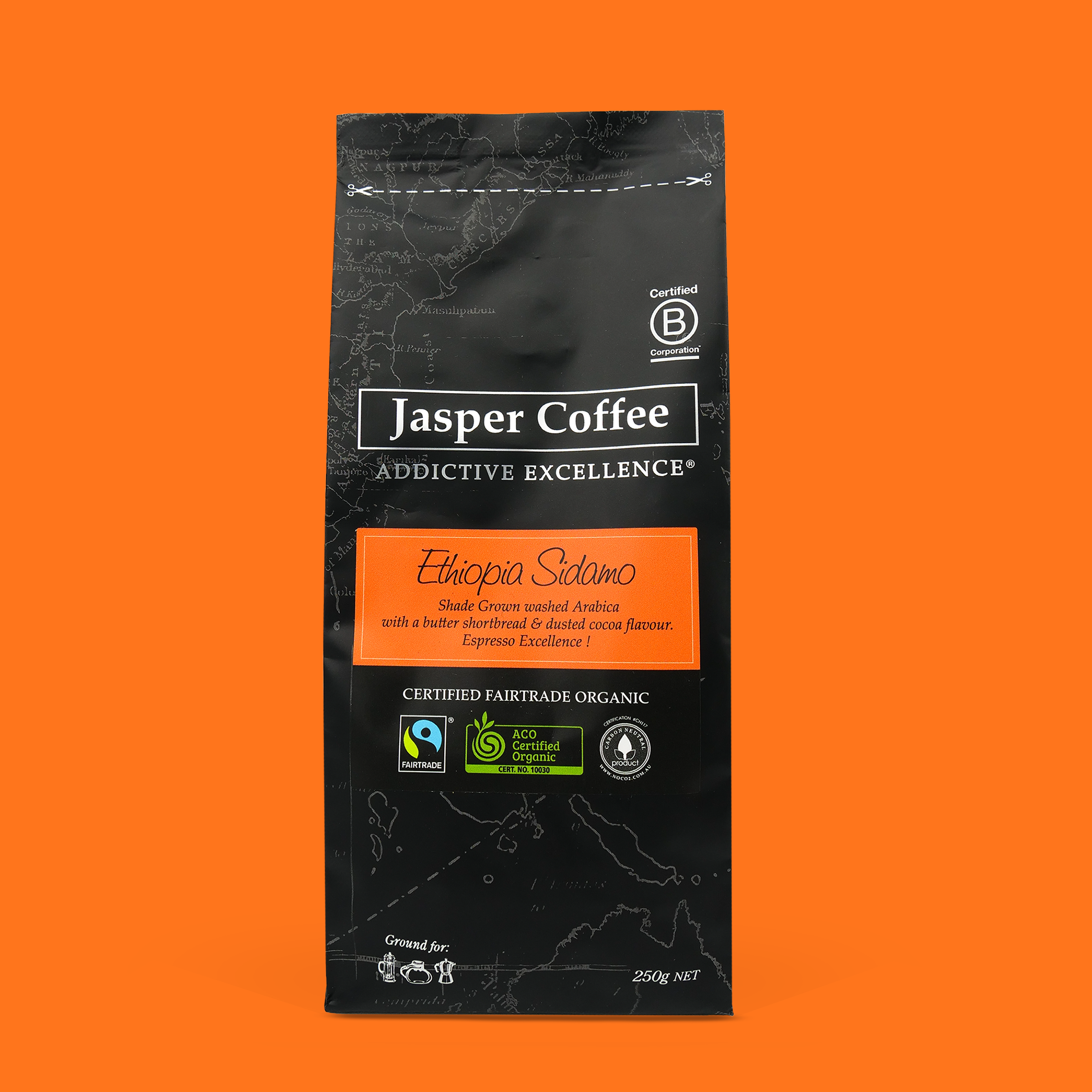Why is Fairtrade important?
Fairtrade is an alternate commercial trading system, independently audited, which embraces community action within a democratic Cooperative structure to ensure a higher than market price for the coffee to each farmer, and elevates the living standards for whole communities through the receipt of payment of a Fairtrade Premium direct to the Cooperative.
Fairtrade empowers all who participate and gives rights to some of the poorest producers. Choosing Fairtrade products helps to build roads and schools, teach children, buy medical supplies and change lives and aspirations of whole communities.
Here is a simple overview of how Fairtrade works to help people and the environment:
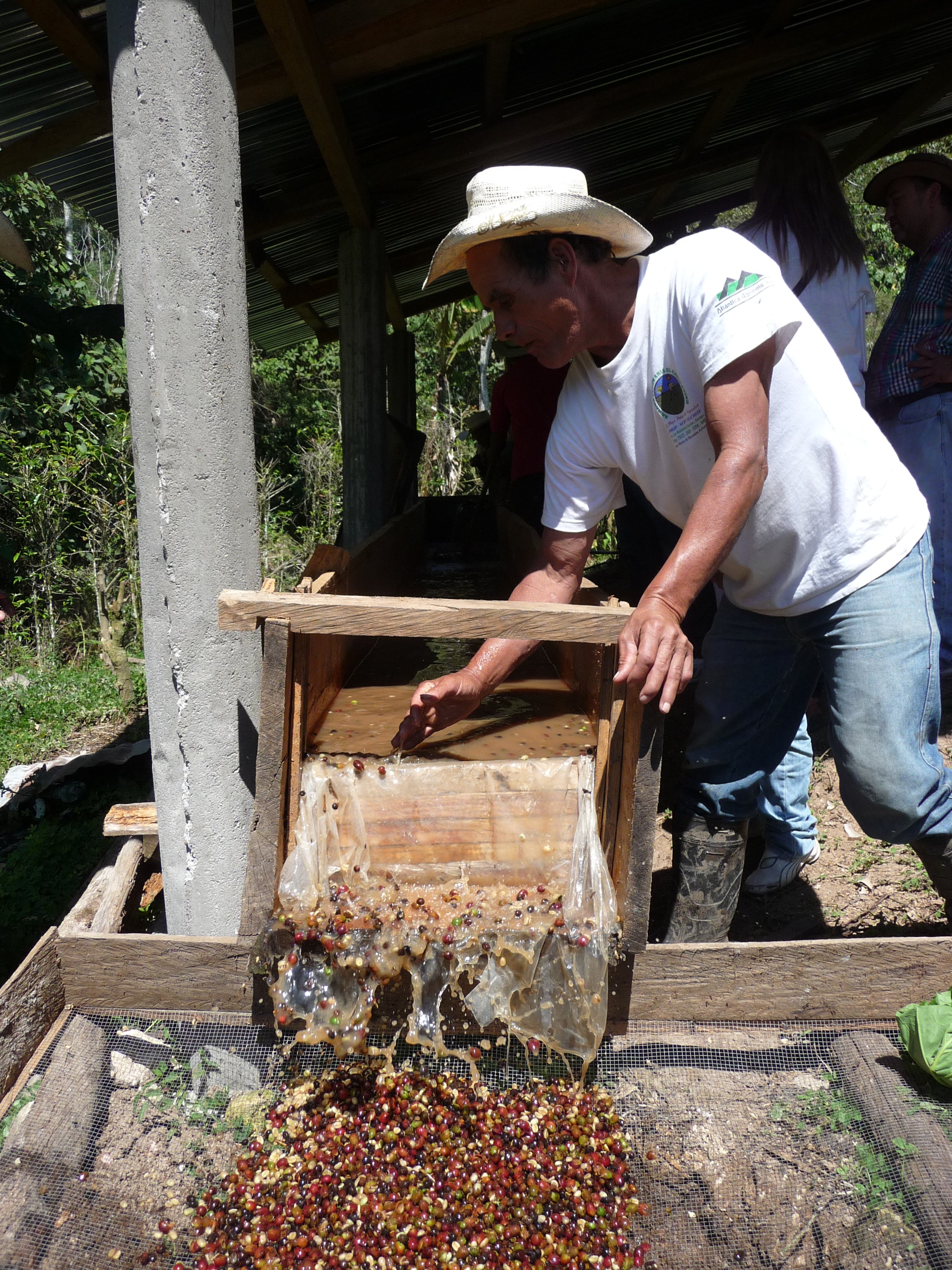
Cooperatives give more bargaining power to people
In Fairtrade, farmers organise themselves into a Cooperative, elect a leadership team and adhere to rules set by Fairtrade Labelling Organisation (FLO) to gain and maintain their Fairtrade certification.
The Cooperative (known as a Coop) then owns the whole volume of beans to then sell through the Export arm of the Coop, or through a third party licensed exporter, to gain a premium price for the Coop members.
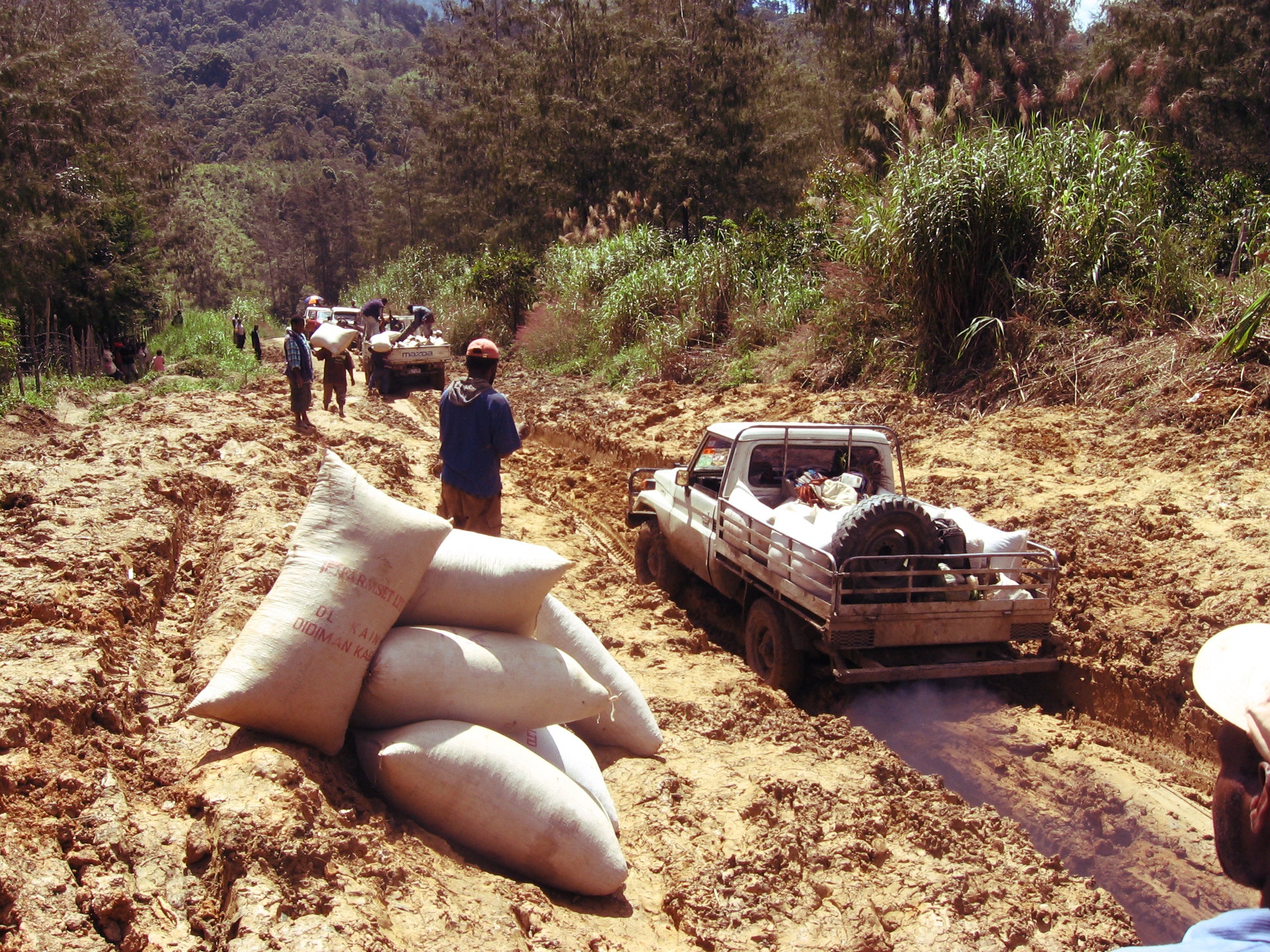
Shorter supply chains give a greater share of the pie to growers
The Cooperative sells directly to an exporter rather than farmers selling on their own to a middleman.
These middlemen are often called ‘coyotes’ in Latin America countries, because they take advantage of farmers by offering very low prices when they have to sell their coffee.
The Cooperative will also pool their resources together to buy harvesting equipment, or like the Yirgacheffe Hama Cooperative, a truck to transport their own coffee.
This way they avoid exorbitant costs, leaving more income to spend on food, health and education.
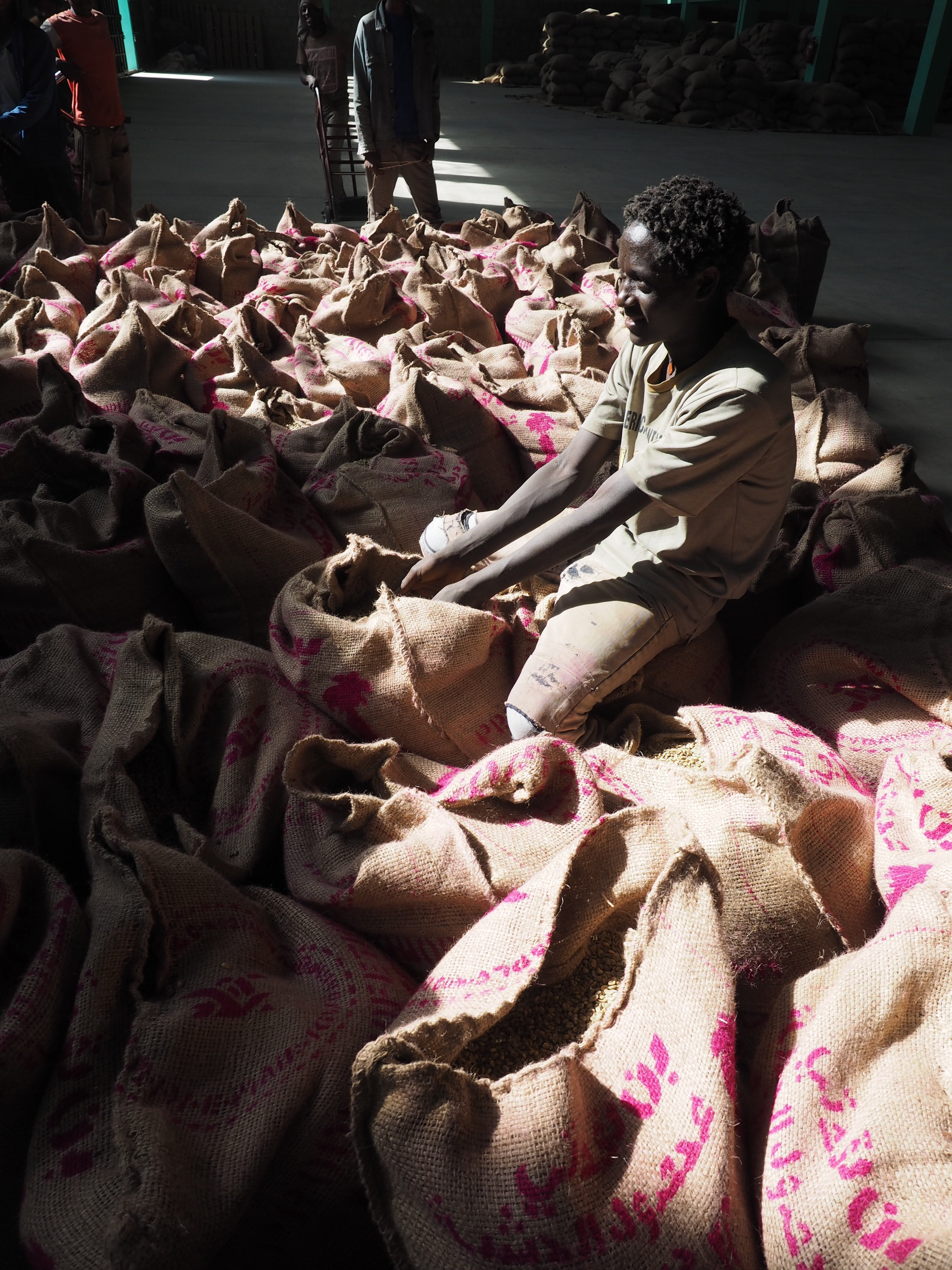
A guaranteed stable price gives stability to invest for the future & income to break the poverty cycle
Cooperatives sell to exporters at the Fairtrade price plus a Premium for Organic Certified coffee.
In addition, the Cooperative may negotiate a further premium for the quality or region of its product.
The Fairtrade price will push for a higher than market price, but provides a safety net if the market price plummets below the Fairtrade price.
Most importantly the higher price provides stability for farmers to invest in their crop and further improve their quality product and therefore income.
Imagine if you didn’t know what your salary would be next week – it would make taking a mortgage out to buy a house very difficult!
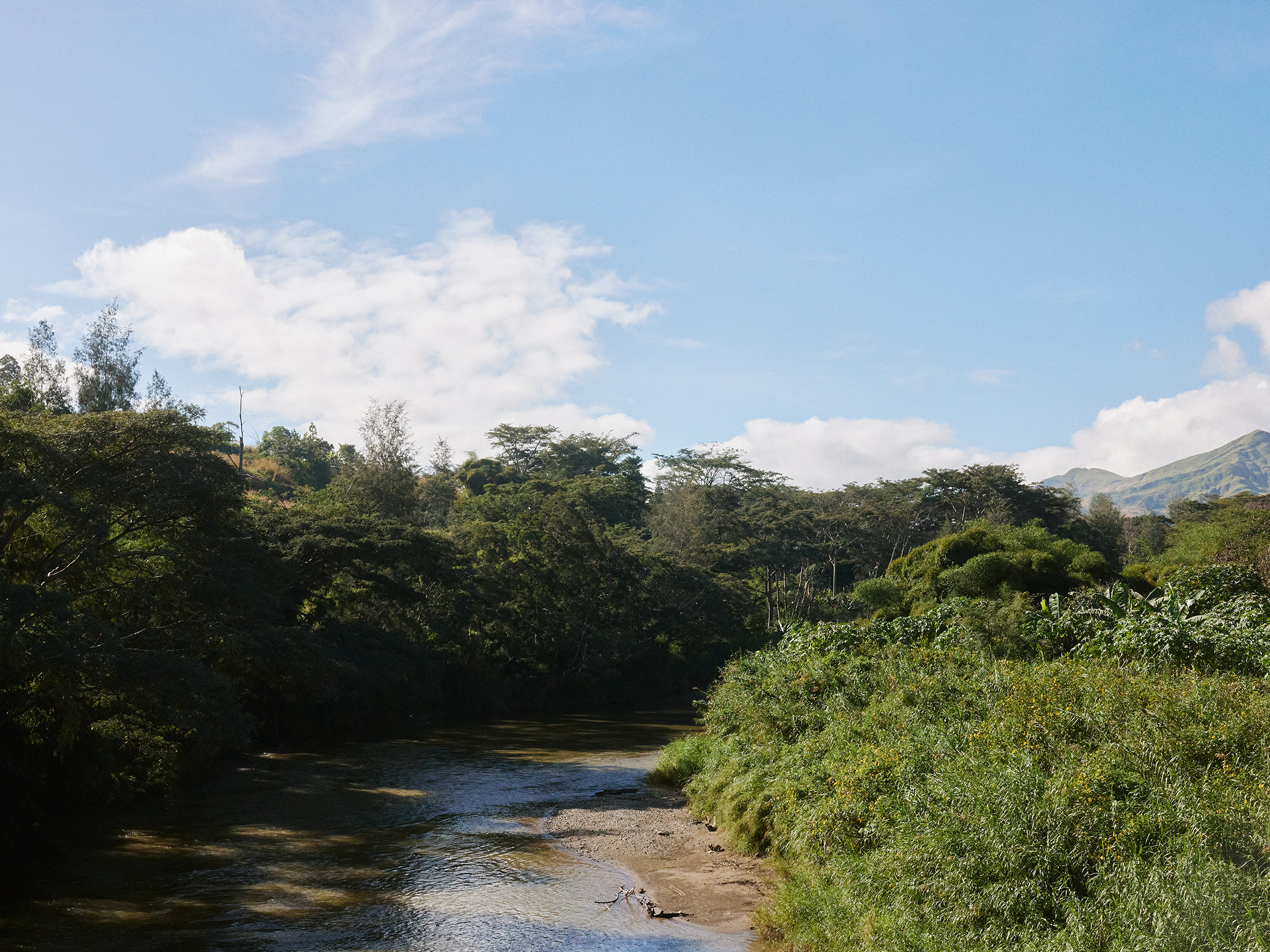
Environment standards create a sustainable approach to improve the environment
Fairtrade standards ban the use of certain chemicals and pesticides, and a price premium is paid for Organic Certified coffee. Using shade grown agronomy and organic agriculture reduces carbon in the form of humus composts and promotes biodiversity of critically important equatorial rainforests.
It also generally leads to improved quality and therefore higher prices. With more income, farmers will further invest in their crops and protect the natural environment that grows the quality coffee bean. We witness this every time we visit our Coops.
Now that’s worth drinking to!
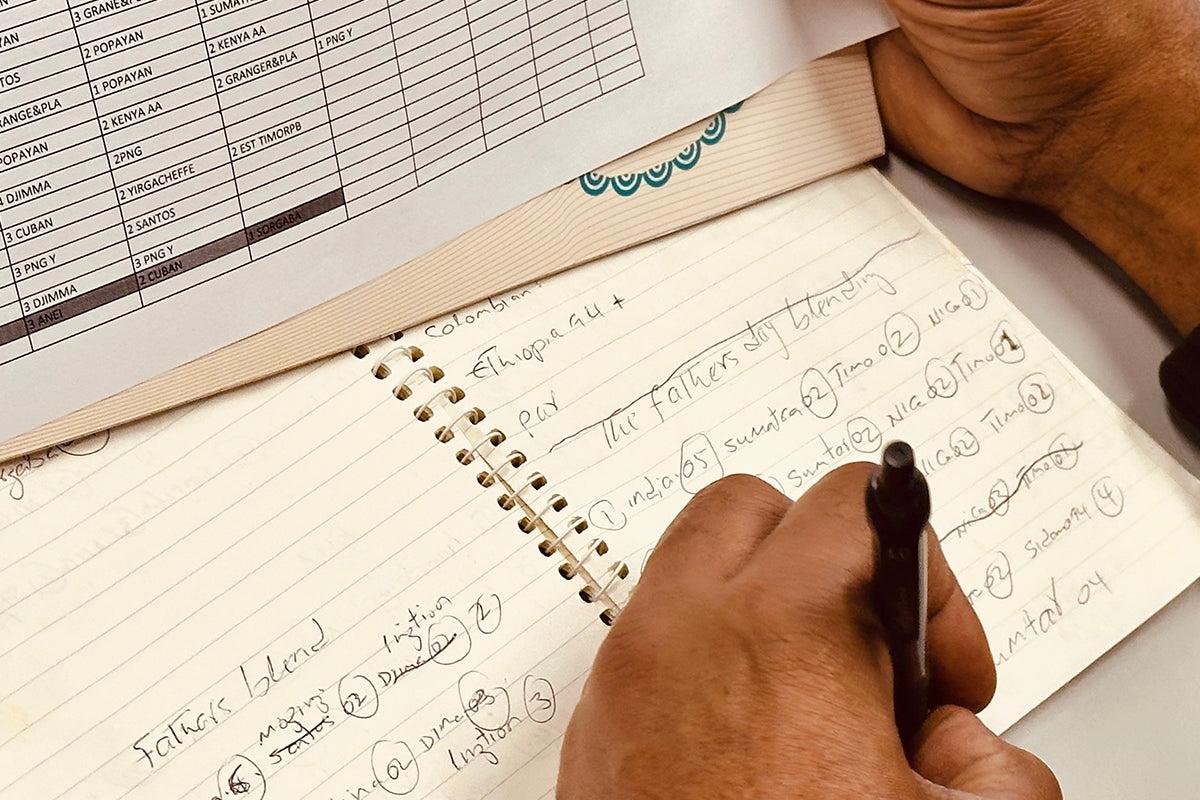
Auditing to track and improve
As a Wholesaler, Jasper Coffee must provide quarterly sales reports to FTAANZ, and pay a levy. This levy is used to support the Fairtrade certification system throughout Australia/New Zealand, and carry out audits and checks. In fact the cooperative, exporter, importer and roaster must all be licensed by FLO or FTAANZ and submit detailed reports.
All Fairtrade coffees are Traceable in this way…unlike the suspect Fairly traded or many Direct Traded derivatives.
Cooperatives give more bargaining power to people
In Fairtrade, farmers organise themselves into a Cooperative, elect a leadership team and adhere to rules set by Fairtrade Labelling Organisation (FLO) to gain and maintain their Fairtrade certification.
The Cooperative (known as a Coop) then owns the whole volume of beans to then sell through the Export arm of the Coop, or through a third party licensed exporter, to gain a premium price for the Coop members.
Shorter supply chains give a greater share of the pie to growers
The Cooperative sells directly to an exporter rather than farmers selling on their own to a middleman.
These middlemen are often called ‘coyotes’ in Latin America countries, because they take advantage of farmers by offering very low prices when they have to sell their coffee.
The Cooperative will also pool their resources together to buy harvesting equipment, or like the Yirgacheffe Hama Cooperative, a truck to transport their own coffee.
This way they avoid exorbitant costs, leaving more income to spend on food, health and education.
A guaranteed stable price gives stability to invest for the future & income to break the poverty cycle
Cooperatives sell to exporters at the Fairtrade price plus a Premium for Organic Certified coffee.
In addition, the Cooperative may negotiate a further premium for the quality or region of its product.
The Fairtrade price will push for a higher than market price, but provides a safety net if the market price plummets below the Fairtrade price.
Most importantly the higher price provides stability for farmers to invest in their crop and further improve their quality product and therefore income.
Imagine if you didn’t know what your salary would be next week – it would make taking a mortgage out to buy a house very difficult!
Environment standards create a sustainable approach to improve the environment
Fairtrade standards ban the use of certain chemicals and pesticides, and a price premium is paid for Organic Certified coffee. Using shade grown agronomy and organic agriculture reduces carbon in the form of humus composts and promotes biodiversity of critically important equatorial rainforests.
It also generally leads to improved quality and therefore higher prices. With more income, farmers will further invest in their crops and protect the natural environment that grows the quality coffee bean. We witness this every time we visit our Coops.
Now that’s worth drinking to!
Auditing to track and improve
As a Wholesaler, Jasper Coffee must provide quarterly sales reports to FTAANZ, and pay a levy. This levy is used to support the Fairtrade certification system throughout Australia/New Zealand, and carry out audits and checks. In fact the cooperative, exporter, importer and roaster must all be licensed by FLO or FTAANZ and submit detailed reports.
All Fairtrade coffees are Traceable in this way…unlike the suspect Fairly traded or many Direct Traded derivatives.





Dive deeper
Find out more about the important work of Fairtrade with these Jasper Coffee journals:
Debunking the common Fairtrade myths
Journal link: Debunking the top myths related to Fairtrade
People say some strange things... let's take a look at some of the usual confusing myths.
What is Fairtrade and why does it matter?
Journal link: What is Fairtrade and why does it matter?
Fairtrade. This term is often bandied about when it comes to raw ingredients like cocoa, flour, sugar – and coffee. While we all know it’s a good thing, how many of us actually understand what Fairtrade means?
Founding members of Fairtrade Australia & New Zealand
Journal Link: How and why Jasper Coffee became Fairtrade licensed.
We go a long way back my friend.
Back to the dawn of Fairtrade Australia in fact! Jasper Coffee was a founding member who helped Fairtrade get off the ground on this fine side of the world.
Besides being the first licensed roaster to sell certified Fairtrade coffee in Australia, Jasper Coffee helped lead the fairtrade movement down under, paving the way for businesses to come.
Read more about our trailblazing history with Fairtrade coffee in Australia.
Explaining Fairtrade simply
Link: A short explainer: How does Fairtrade work?
A simple overview of how the Fairtrade system improves peoples lives.


